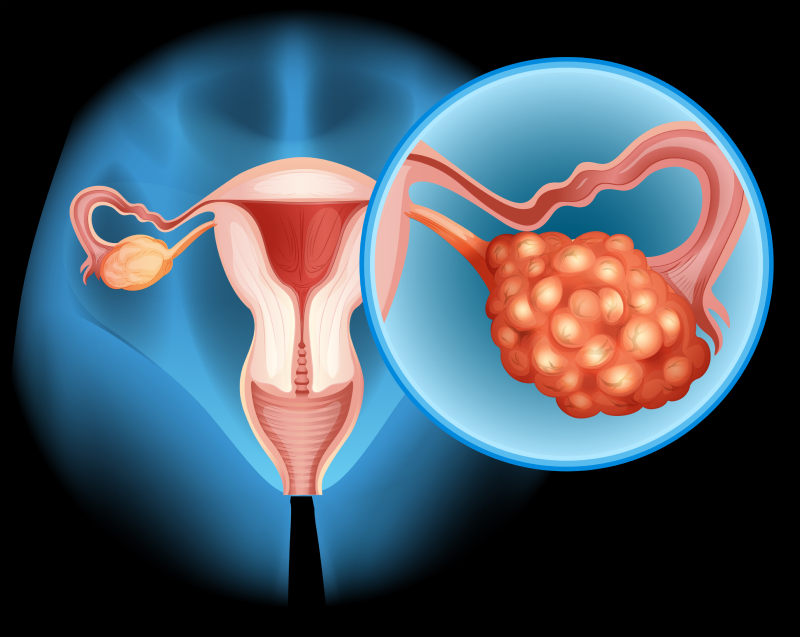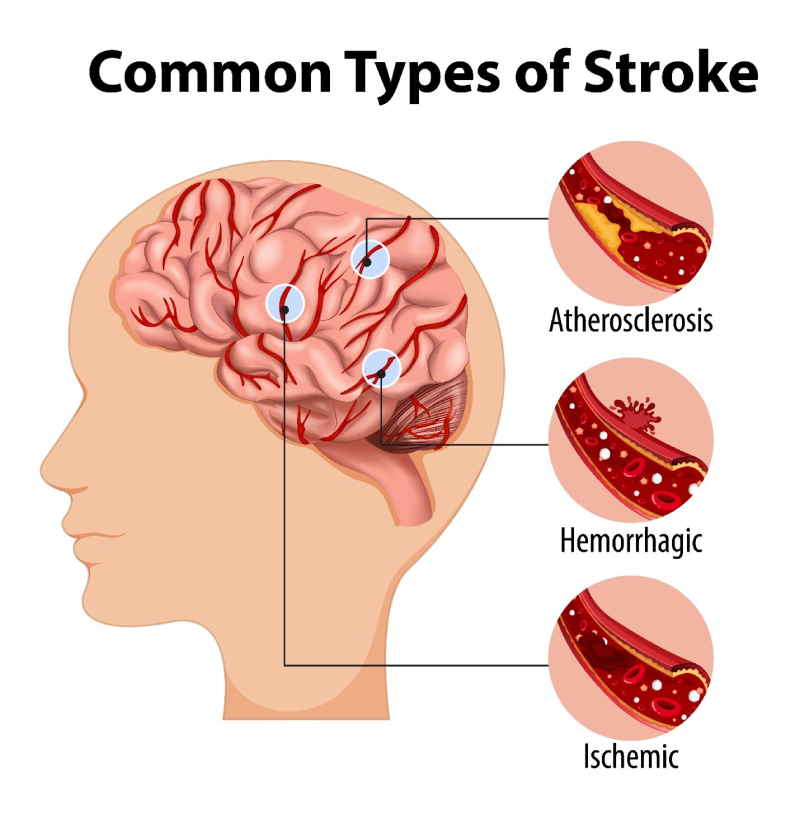10 signs of heart attack

Livefit4ever,
Medically Reviewed by Dr. Sarat Chandra,
September 20, 2020

Surprising 10 Signs of Heart Attack, Heart Disease, Heart Failure, and Heart Defects
10 signs of Heart Attack: Many people recognize heart disease with certain established signs and symptoms. some people have a very clear understanding of warning signs and a few others are well aware of the tell-tale signs – but a majority of people are unaware of the clues that may indicate heart disease. Here are 10 signs of heart attack or heart disease that may indicate a heart problem.
Heart Works Harder Due to Sleep Apnea
Due to intermittent breaks in breathing during sleep owing to sleep apnea many people tend to breath harder and snore. During this time your brain may not get adequate oxygen and therefore directs your heart and blood vessels to work harder to ensure continuous blood flow.
If this trend goes on and on, your risk of heart disease, heart failure, abnormal heart rhythms, and high blood pressure, and diabetes increases.
Sleep Apnea is Treatable – Learn more about Sleep Apnea
Yellow-Orange Bumpy Rash
You may think that your yellowish and orange-colored skin rash that breaks out around your fingers, toes, and on the bottom is a skin disease. But it can be due to extremely high triglycerides levels. This unhealthy fat can lead to atherosclerosis, plaque formation, and coronary heart disease and may put you at an increased risk of heart disease, heart attack, heart failure, and brain stroke.
Poor Grip Strength
Poor handgrip strength means weak strength of your heart. This looks amazingly mesmerizing, but the strength of your hand does really tell something about your heart. According to research, your handgrip strength and the ability to squeeze something well means a lower risk of heart disease. On the contrary, if you find it difficult to grasp, hold or grip something or some object efficiently, the odds are that you could develop heart problems. However, it’s not valid to assume that strengthening your hand grip alone can strengthen your heart.
Dizziness
Dizziness could be due to a neurological problem, but light-headedness can also mean that there is something wrong with your heart. Your heart is not pumping enough blood to the brain. Abnormal heartbeats or arrhythmias can also cause dizziness. Weakening heart muscles as seen in heart failure can also cause dizziness. Even a heart attack can also cause dizziness.
Sexual Problems
Both men and women can have sexual problems if they have any hidden circulatory problems or heart diseases. Their libido and ability to enjoy sex lessens. Erectile dysfunction in men could mean something wrong with the heart. It can even mean a greater risk of heart attack or stroke in men. Men who have erectile problems may have problems with their blood vessels as well – narrowing of arteries, circulatory issues, and high blood pressure – which could lead to heart attacks.
Read More – Low Testosterone Levels, Depression, and Heart Disease
Bleeding Gums
Bleeding gums may increase the risk of heart muscle inflammation and heart disease – but many experts completely don’t understand the exact link. But one theory says that the bacteria that cause gum disease – build plaque that breaks and enters the bloodstream and cause blockages in blood vessels. The next theory is that the bacteria enter the bloodstream and initiate inflammation in the heart muscles. Having gum disease, which can lead to tooth loss, may also raise your chances of a brain stroke.
Breathing Trouble
Trouble breathing is a tell-tale sign of heart disease. This is one of the prominent signs that your heart is not working efficiently. It can be a sign of heart attack, heart failure, or an abnormal heart rhythm. You should inform your doctor if you develop this symptom while doing things that you used to do easily – such as walking, climbing a few stairs, moving around in the home, or even after lying down on the bed.
Swelling in Lower Legs
It’s a common sign of long-standing, sitting for a long time and also traveling for a long time. It is also common during pregnancy. But it can also be a sign of heart failure, poor circulation in your legs, and heart disease. Even a blood clot in the lower limbs can block the blood returning back to the heart from the lower limbs.
Fatigue
Heart problems, heart failure, and the days that lead up to a heart attack can make a person feel weak and the weakness becomes intense leading to fatigue. In heart failure, heart muscles become weak and pump inefficiently to meet the body’s requirements. A person with this condition may feel weak, tired, and drained. Fatigue is also associated with coughing and swelling in the lower limbs.
Even anemia, low blood pressure, poor sleep, depression, and cancer can also cause fatigue.
Unexplained Aches or Pains
Your heart cries out in pain – which is not only felt in the chest, but also in the arms, neck, shoulders, jaw, abdomen, and back. This is because your heart tries to work harder. A blockage in the coronary artery reduces blood supply to the heart demanding the heart to work harder under pressure. The important point here is to see whether your pain in these areas appears with physical activity (exercise) and goes away with rest. If it is the case, then it could most probably be due to heart disease. Meet your doctor and discuss your issue with him.
10 Signs of Heart Attack in Men
- The sudden burst of sweat
- Extremely severe chest pain
- Chest Discomfort & Heaviness as if a heavy object is placed on the chest
- Pressure in the chest
- Pain in the neck, jaw, throat, or back
- Numbness in the arms
- Weakness or coldness in arms and legs
- Shortness of breath
- Fatigue (Extreme weakness)
- upper abdominal discomfort
10 Signs of Female Heart Attack
- Abdominal Discomfort – Indigestion, Nausea
- Upper back pain
- Pelvic pressure, and discomfort
- Pain in the Neck, jaw, and shoulder
- Sweating
- Extreme Weakness or Unusual Fatigue
- Dizziness or Light-headedness
- Pain in one or both the arms
- Shortness of Breath
“Heart Disease or Heart Attack signs and symptoms in women are unrelated to the chest, unlike men. This is, in fact, the most noticeable and prominent distinction between men and women as far as heart attack symptoms are concerned.”
10 Early Signs of Heart Failure
- Shortness of Breath (The most prominent sign)
- Progressive shortness of breath ( In extreme cases, you may have shortness of breath even when lying or sleeping)
- Weakness in limbs ( Hands and legs)
- Getting tired easily (during routine chores or activities – walking, climbing stairs, moving around in the house)
- Wheezing and nagging cough
- Weight gain (due to fluid accumulation in the body)
- Swelling on arms, abdomen, and legs
- Heart Beats Faster (Arrhythmias)
- Sluggishness
- Confusion, Disorientation & Forgetfulness
Heart failure is a progressive condition. Some people may have heart failure, but they do not experience the typical warning signs and symptoms of heart failure. Their diagnosis of heart failure happens incidentally during regular health and cardiac health check-ups.
Dr. Sarat Chandra recommends regular heart check-ups and heart disease screening for those who are at increased risk of heart disease due to lifestyle factors and family history.
Signs of Arrhythmia
10 Signs of Abnormal heartbeats or Heart Arrhythmias
- Shortness of breath
- Bradycardia (slow heartbeat)
- Tachycardia (racing or Quick Heartbeat)
- Irregular heartbeats
- Fluttering in the chest
- Premature contractions
- Discomfort in chest or chest pain
- Near fainting or Fainting (syncope)
- Dizziness
- Irregular pulse or heart palpitations
Bottom Line
For many of us, heart disease comes as a big surprise. Angina, heart attack, and heart failure are the conditions that progress silently most of the time without causing any symptoms. Even if your heart murmurs or whizzes – its language will be difficult to interpret. Therefore, after noticing any unusual or abnormal signs and symptoms, you must meet your cardiologist.
To prevent heart disease, you should have a better understanding of the risk factors, and the typical signs and symptoms. In addition, regular health check-ups, heart disease screening, and comprehensive heart health evaluation by a cardiologist ensure early detection and prompt treatment of heart disease.






